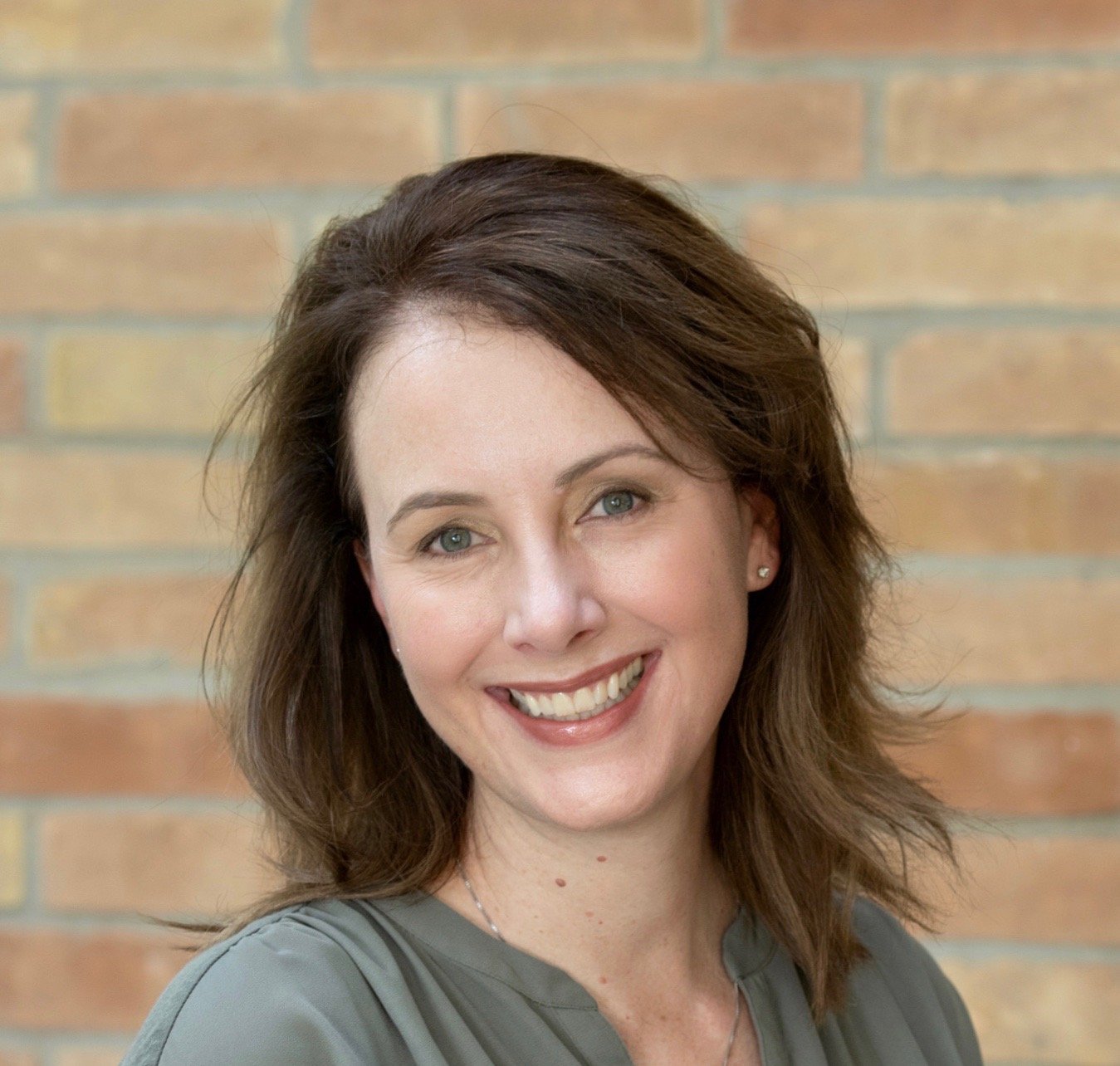MCLS Ambassador Beverly A. Zavaleta, MD
Dr. Zavaleta’s Story:
The cancer part of my story begins in 2015, when I received a call from my family physician with my biopsy results, informing me that I had invasive ductal carcinoma. Breast cancer. Despite being a doctor myself and having had numerous benign biopsies, I was stunned. Fast forward two weeks, and my diagnosis had been refined to triple-negative breast cancer Stage 2a, I had had a port placed for chemotherapy and I had weathered a pneumothorax (collapsed lung). On a hot Texas day in June, I cropped my curly hair into a pixie cut and showed up for my first chemo. It felt like jumping off a ledge.
Triple-negative is an aggressive subtype of breast cancer that is usually treated with chemotherapy first, followed by surgery and radiation. I underwent a total of 16 rounds of chemotherapy, including dose-dense Adriamycin, over five months. Initially, I did fairly well, didn’t throw up and could go for walks daily. However, I was totally disabled from my job as a hospitalist physician, which requires long, physically demanding shifts and being exposed to dangerous germs. As the weeks of chemotherapy went on, I became anemic, had trouble eating, became more tired, and suffered infections. I required weekly injections of a bone marrow stimulator to keep my immune system up. By the last month of chemo, I developed debilitating peripheral neuropathy, with severe numbness, pain and weakness in my feet, legs and hands. My hopes for a nice, normal Thanksgiving before my double mastectomy were dashed and by December, I could only stand or walk two hours per day.
My surgery went smoothly, and two weeks later my surgeon told me that I had no residual cancer left in my breast or lymph nodes. I was in remission and would not need radiation. My husband and I went out to lunch after the follow up visit, my surgical drains now removed, and I sat there feeling numb and wondering why I didn’t feel more joyful. My family asked to throw me a party when we got home, but I declined. I was so exhausted from outrunning Death for the last six months that all I wanted to do was crawl into bed.
I spent the next six months trying to heal my devastated body. I required the second stage reconstructive surgery. I tried to regain muscle mass. I desperately tried to find something to improve my peripheral neuropathy. The chemotherapy -induced menopause was causing horrific hot flashes and I couldn’t sleep.
During this time of healing, I wrote the chemotherapy support book, Braving Chemo: What to Expect, How to Prepare and How to Get Through It. I hadn’t wanted to write a book, and the first draft was terrible. It read like an instruction manual for modular furniture. But my friend Shagha had insisted that I document all the advice that I had given her and her sister while her sister was going through chemotherapy at nearly the same time that I had. I spent the spring of 2016 writing and trying to find an agent, then shelved the book project. It was one year since my diagnosis and I had to return to work.
Cancer recovery has been bumpy. At some point in early recovery, I realized that I would not get my old life back. This was the end of the honeymoon stage of “I’m grateful to be alive” and the beginning of grief. It was crushing. I am filled with sorrow for the parts of me that I lost because of cancer, and I mean more than my breasts. Due to peripheral neuropathy, I can’t run anymore and I can’t hike without hiking poles. I went through menopause at 43, which caused osteoporosis, fractures, insomnia and hot flashes – and I can’t take hormones to treat it. I have lost relationships, because not everyone who loves you can handle change or their own grief. I don’t think we talk enough about the grief of cancer recovery, although this seems to be changing.
In 2019, I finally published Braving Chemo and I joined a community of cancer advocates, online and in my community. I am supported by the larger community of cancer patient advocates doing this work and I feel honored to contribute to it. I want everyone with cancer to have access to information that can make them feel better, prevent side effects and heal from the effects of cancer and cancer treatments. Whenever I meet people who, despite the efforts of their cancer care team, feel confused about their treatment or battered by the side effects, I’m inspired to continue working in this area to make cancer less shitty.
Dr. Zavaleta’s Bio:
Beverly A. Zavaleta, MD is a board-certified family physician, cancer survivor and long-time patient education advocate.
After receiving her medical degree from Harvard Medical School, she completed her residency training in family medicine at Christus Santa Rosa Hospital in San Antonio, Texas.
In 2015 she was diagnosed with triple-negative breast cancer and underwent a grueling chemotherapy regimen. That experience, along with her experience as a physician, led her to publish Braving Chemo: What to Expect, How to Prepare and How to Get Through It in 2019 to provide patients and caregivers a clear and comforting guide to navigating chemotherapy.
Dr. Zavaleta practices as a hospitalist physician and lives with her family in South Texas. When not making a mess of her garden, she is reading or doing pilates. She also volunteers with Los Quijotes of San Antonio, making a yearly medical mission trip to Oaxaca, Mexico.
Dr. Zavaleta’s Social Media Channels:
X: @bzavaletamd
Instagram: @bzavaletamd

